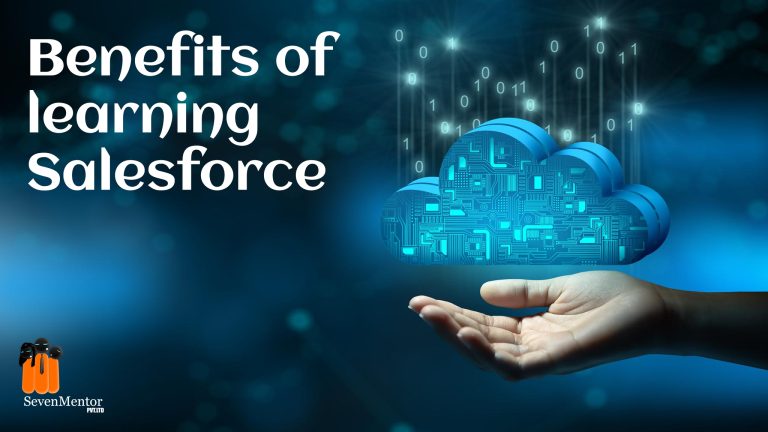The Evolution of Learning
The traditional classroom setting is no longer the sole domain of learning. The modern workforce demands flexible, personalized, and engaging learning experiences. Enter the Learning Experience Platform LXP, a cutting-edge solution that is revolutionizing the way organizations approach employee development.
Understanding LXPs
Unlike Learning Management Systems (LMS) which primarily focus on course delivery, LXPs prioritize the learner experience. They create a dynamic and personalized learning environment where employees can access a vast array of content, collaborate with peers, and develop their skills at their own pace.
Key Features of an LXP
A robust LXP offers a range of features designed to enhance the learning journey:
- Content Aggregation: LXPs can integrate content from various sources, including internal resources, external platforms, and user-generated content.
- Personalized Learning Paths: Leveraging AI and data analytics, LXPs can recommend tailored learning paths based on individual needs and goals.
- Social Learning: Collaborative features encourage knowledge sharing, peer-to-peer learning, and mentorship.
- Gamification: Incorporating game-like elements can boost engagement and motivation.
- Performance Support: LXPs can provide on-demand support and resources to help employees tackle challenges in their roles.
- Analytics and Insights: Detailed data on learner behavior and performance helps organizations measure the impact of learning initiatives.
Benefits of Implementing an LXP
Organizations that adopt LXPs reap numerous benefits:
- Increased Employee Engagement: By offering relevant and personalized learning experiences, LXPs foster a culture of continuous learning.
- Enhanced Performance: Access to targeted content and resources empowers employees to develop the skills needed to succeed.
- Improved Knowledge Sharing: Social learning features facilitate knowledge transfer and collaboration.
- Faster Time to Proficiency: Personalized learning paths accelerate skill development.
- Data-Driven Decision Making: Analytics provide insights to optimize learning strategies and measure ROI.
Challenges and Considerations
While LXPs offer significant advantages, organizations may encounter challenges during implementation:
- Content Creation: Developing high-quality content requires time and resources.
- Change Management: Overcoming resistance to new learning approaches is essential.
- Data Privacy and Security: Protecting sensitive learner data is paramount.
- Integration: Integrating the LXP with existing systems and tools can be complex.
Choosing the Right LXP
Selecting the appropriate LXP involves careful consideration of several factors:
- Organizational Needs: Assess the specific learning and development goals of the organization.
- Scalability: Ensure the LXP can accommodate future growth and changes in workforce size.
- User Experience: Prioritize a platform with an intuitive and user-friendly interface.
- Integration Capabilities: Evaluate the LXP’s ability to integrate with existing systems.
- Cost: Consider the overall cost of ownership, including licensing, implementation, and maintenance.
Conclusion: The Future of Learning
LXPs are transforming the way organizations approach talent development. By creating engaging, personalized, and accessible learning experiences, they empower employees to reach their full potential. As technology continues to evolve, we can expect LXPs to become even more sophisticated and integrated into the fabric of work.














